Critics: CBS’ studies in economics only propose one truth

CBS students and other business students question the curriculum of studies in economics. They argue that they’re only taught selected models and theories that are insufficient for dealing with the many-faceted issues facing the world. But you have to understand A, before you can understand B, argue CBS teachers.
A quick Google search shows there are more than 36 subdisciplines of economics: feminist economics, environmental economics, behavioral economics, classical economics. The list goes on.
Each of the subdisciplines give an alternative take on how economics functions, and tell a different story of how things work according to economics. And this is where the debate starts.
The newly founded student organization at CBS, Business Unusual, together with the Danish branch of the international organization Rethinking Economics, has directed incisive criticism of studies in economics at CBS and Danish universities, and refers to the studies as “one-sided.”
“It’s not that what we’re taught is wrong. But we’re taught 95 percent classical economics. I personally don’t feel that my CBS program equips me to practice other disciplines of economics which is essential to solve many global challenges,” says Emma Ager Jønbech, who studies the BSc in European Business and has founded Business Unusual with her fellow student Astrid Sofie Vestergaard Nielsen.

Mads Falkenfelth is the founder of Rethinking Economics in Denmark, and he says it’s “fatal” if business students aren’t taught different disciplines within the field of economics.
“The studies in economics are subject to a theoretical unification in which only one truth exists, and that’s fatal. Not only for the students who have never learned to ask questions about what they’re being taught, but also for society at large,” he says to the Danish newspaper Politiken and continues:
“Economists have immense power because economics is merged into almost everything in our lives. So what happens if the economists are wrong? The economists being educated now have learned nothing about looking in other directions in order to deal with obvious problems such as a financial crisis, inequality and climate change.”
The criticism raised by Rethinking Economics resulted in an open consultation with the Minister of Higher Education and Science, Tommy Ahlers, who in short said that he politically did not intend to decide the curriculum of the studies in economics, but he praised the debate.
Of course, it can be super frustrating if you want to change the world. But you can’t necessarily do it in your first year
Stefan Kirkegaard Sløk-Madsen
Stefan Kirkegaard Sløk-Madsen, PhD Fellow at the Department of Strategy and Innovation at CBS, teaches courses like advanced behavioral economics and sales and pricing, and he has been following the debate in the media.
“I’m all for different views and opinions, and I think it’s great to discuss this. But the depth that Rethinking Economics presents isn’t high enough. You have to learn the basics before you can take part in this debate. It’s a bit of a catch 22,” he says and gives an example:
“In the intro courses, students learn about supply and demand. A fully educated economist knows that a market doesn’t end in a state of equilibrium, it moves constantly both towards and away from equilibrium – simultaneously. But we should not explain this to a first-year student. We start by explaining supply and demand of perfect competition because this basic model still holds elementary insights needed to grasp the fundamental explanatory power of economics, and this is something that Rethinking Economics and Business Unusual haven’t quite grasped.”
In Stefan Kirkegaard Sløk-Madsen’s opinion, it’s not until the third year of the bachelor’s that it makes sense to turn one’s attention towards other theories and models.
“Of course, it can be super frustrating if you want to change the world. But you can’t necessarily do it in your first year. You need to learn something first. As the curriculum is right now, I think we give students the foundation they need to understand what’s going on, and then it’s great if they explore other things too,” he says.
A misplaced criticism
Leslie Christensen is a postdoc at the Department of Economics at CBS and teaches Microeconomics at the bachelor level, and he agrees to some extent with the criticism raised by the students.
“I agree that our theories and models might appear to show that there’s only one truth. But I also think that the criticism is somewhat misplaced,” he says and continues:
“I often make students aware that we work with theories that might give answers that don’t completely fit with reality. But they provide the basics of an economist’s understanding, which is necessary to deal with various economic issues. We’re not handing out truths, but we teach the students to think like economists.”
Emma Ager Jønbech agrees that students should be taught the basics of economics before they have the foundation to explore other directions of economics in depth. However, she points out that it’s problematic that CBS students can study for three or five years without even touching on other subdisciplines or ways of thinking.
“We’re taught about equilibrium points and rational economic actors. However, complex system theory disapproves equilibrium points and behavioral economics for the latter. What I am missing, and many other students are missing, is a broader and more nuanced education in economics,” she says.
Leslie Christensen argues that the students at CBS, at least the ones on his courses, are taught an “extra layer” as they progress.
“In micro- and macroeconomics we use simple models, and as we progress we add something extra and expand the models – and in that way, we get as close to reality as possible. But of course, we aren’t perfect in making models that simulate reality,” he says.
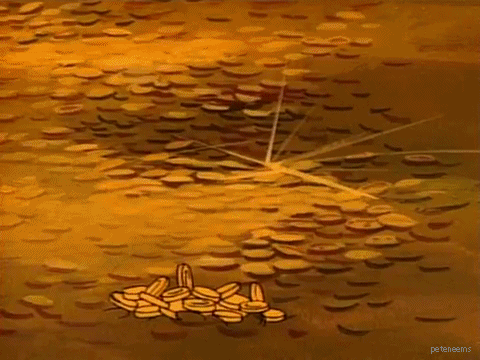
Microeconomics is a large subject that is taught to many at CBS. Søren Skøtt Knudsen who studies cand.merc.psych and has done one of Leslie Christensen’s courses thinks it’s clear that the theories and models aren’t to be interpreted as one truth.
“Leslie made it clear to us that a term such as perfect competition is a model of reference, but we won’t see it in real life. It works as a simplification of reality to make it easier to understand,” he says.
But he has, however, wondered a bit about the composition of the curriculum in general.
“I have been thinking that it’s a bit funny that the assumptions always have a very liberal sound to them. I have to admit that. And overall it’s an interesting debate. But I think it’s much more nuanced at CBS because you combine economics with communications, philosophy or psychology. That gives you a whole other foundation for reflection,” says Søren Skøtt Knudsen.
CBS should teach history of economic theory
When asked what changes Emma Ager Jønbech would make to the curriculum, she sees a lot of opportunities. Especially at the bachelor level, as the master’s degrees at CBS in her view already have a lot of “great electives” to offer.
I have been thinking that it’s a bit funny that the assumptions always have a very liberal sound to them
Søren Skøtt Knudsen
“Start with the exams. Make them more qualitative and ask the students to evaluate the theories and models they’re using. What’s their potential? What are their flaws? When have they been seen in real life? If they even have. That could be super exciting and easy to do, even in the first year,” she says and gives another suggestion:
“As it is right now, we are not taught about the history of economic theory. In my opinion, if you don’t know about the origin of the theories, the history, then it’s hard to be critical.”
This suggestion is also proposed by Stefan Kirkegaard Sløk-Madsen.
“If students are taught the history of economic theory, they have the foundation to actually understand these debates,” he says and refers to a teacher at Duke University in the USA.
“This teacher always starts out his course in the history of economic theory by taking off one of his shoes. He then gives it to the students and asks them to touch and feel it. And then he asks: Why can I wear this shoe? Then the students say something like it has to be produced, there is a division of labor, and the teacher might have a certain preference for that type of shoe. Then the teacher says: Yes, we’ll discuss all of these things in this course and we’ll get around to these theorists. That’s a cool way to do it,” says Stefan Kirkegaard Sløk-Madsen.



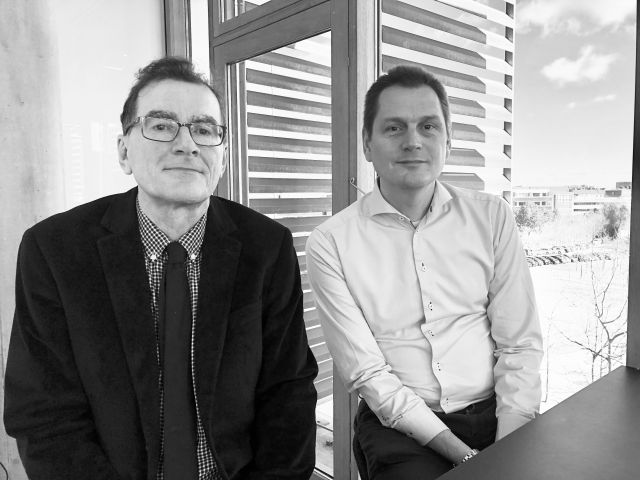
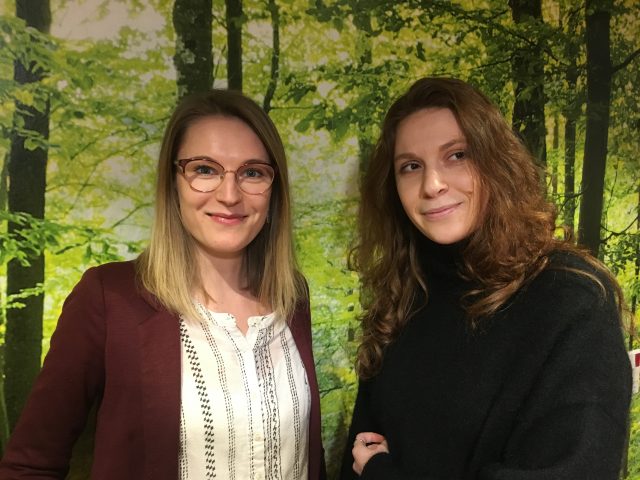
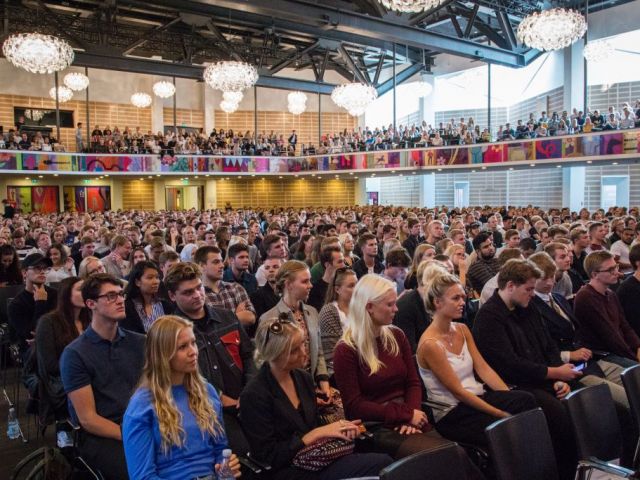
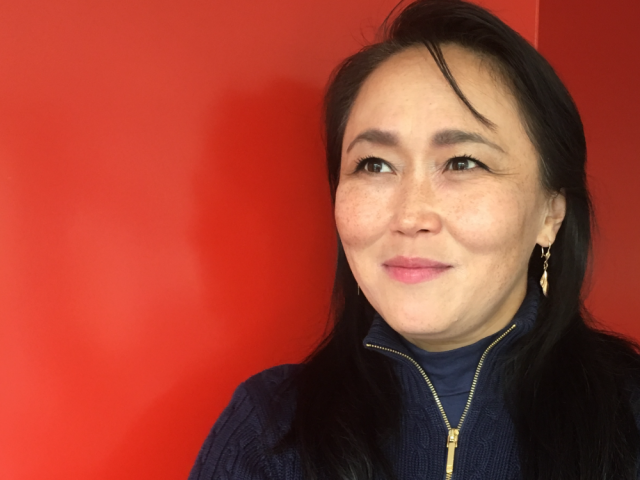

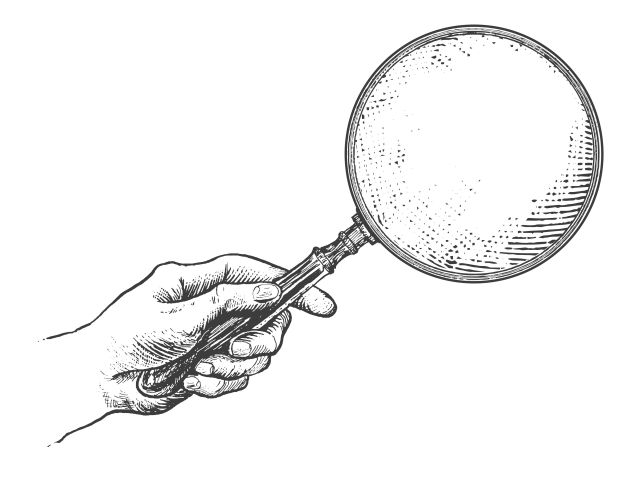




























































































































How can a student studying “European Business” expect more in-depth economics? Maybe she/he should consider studying economics in her/his bachelor.